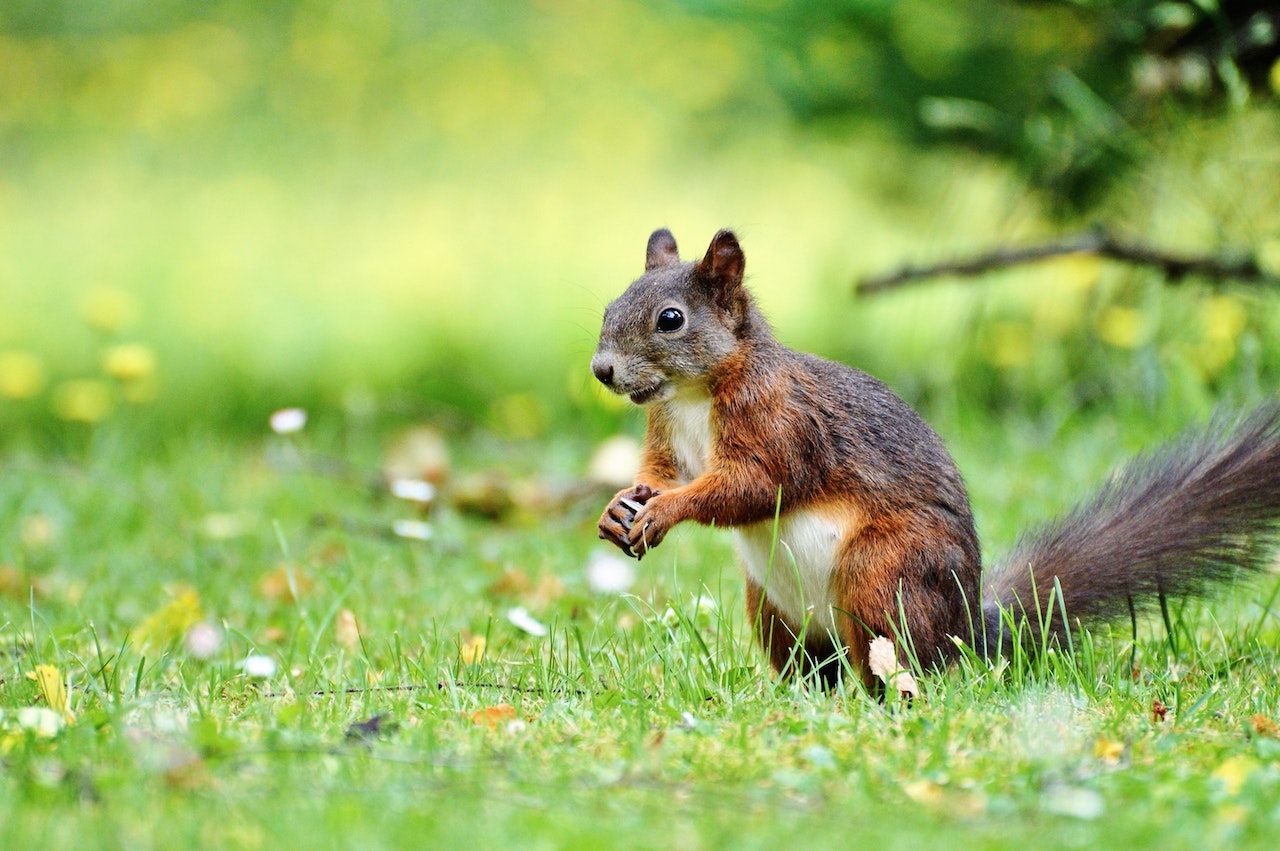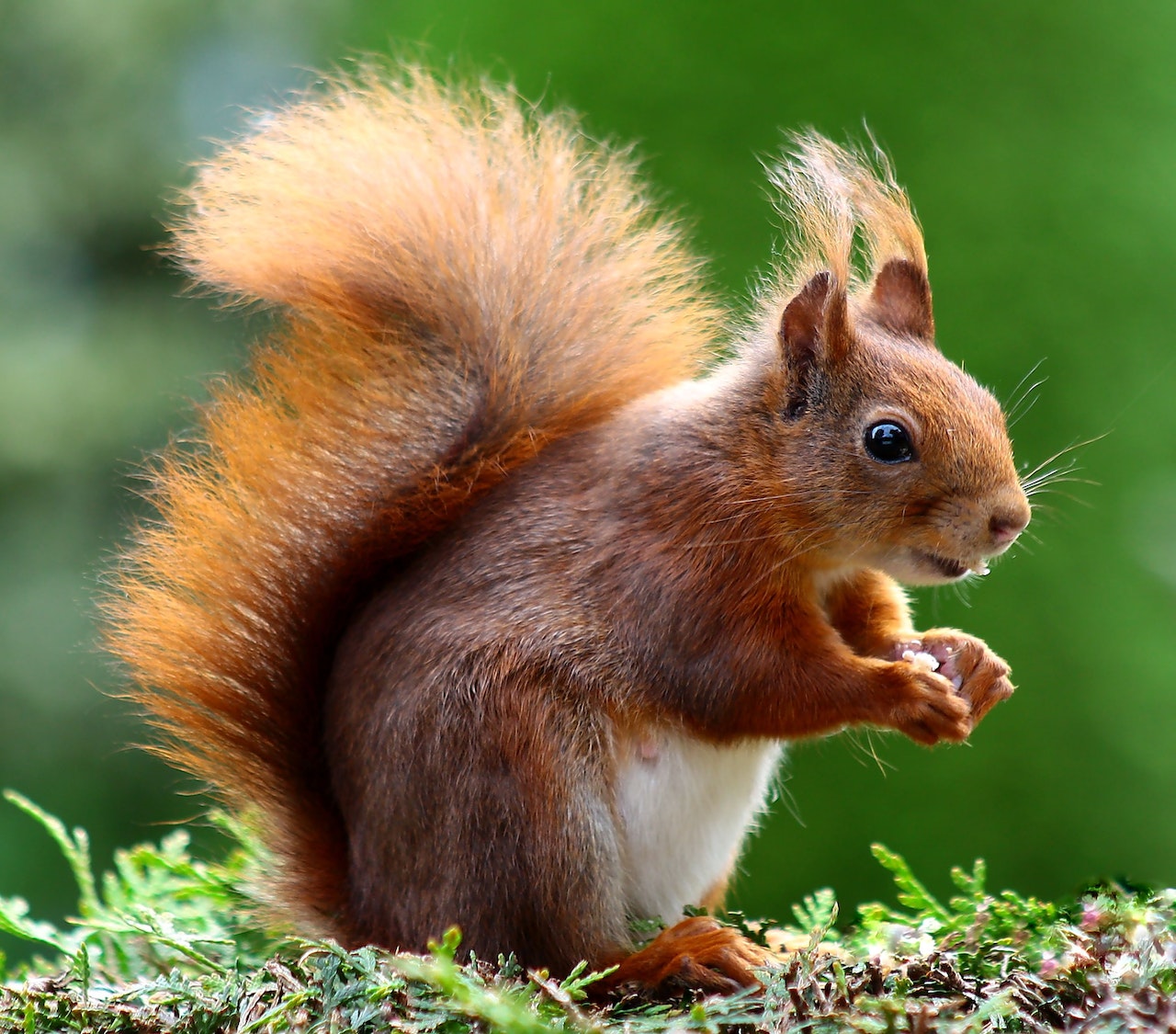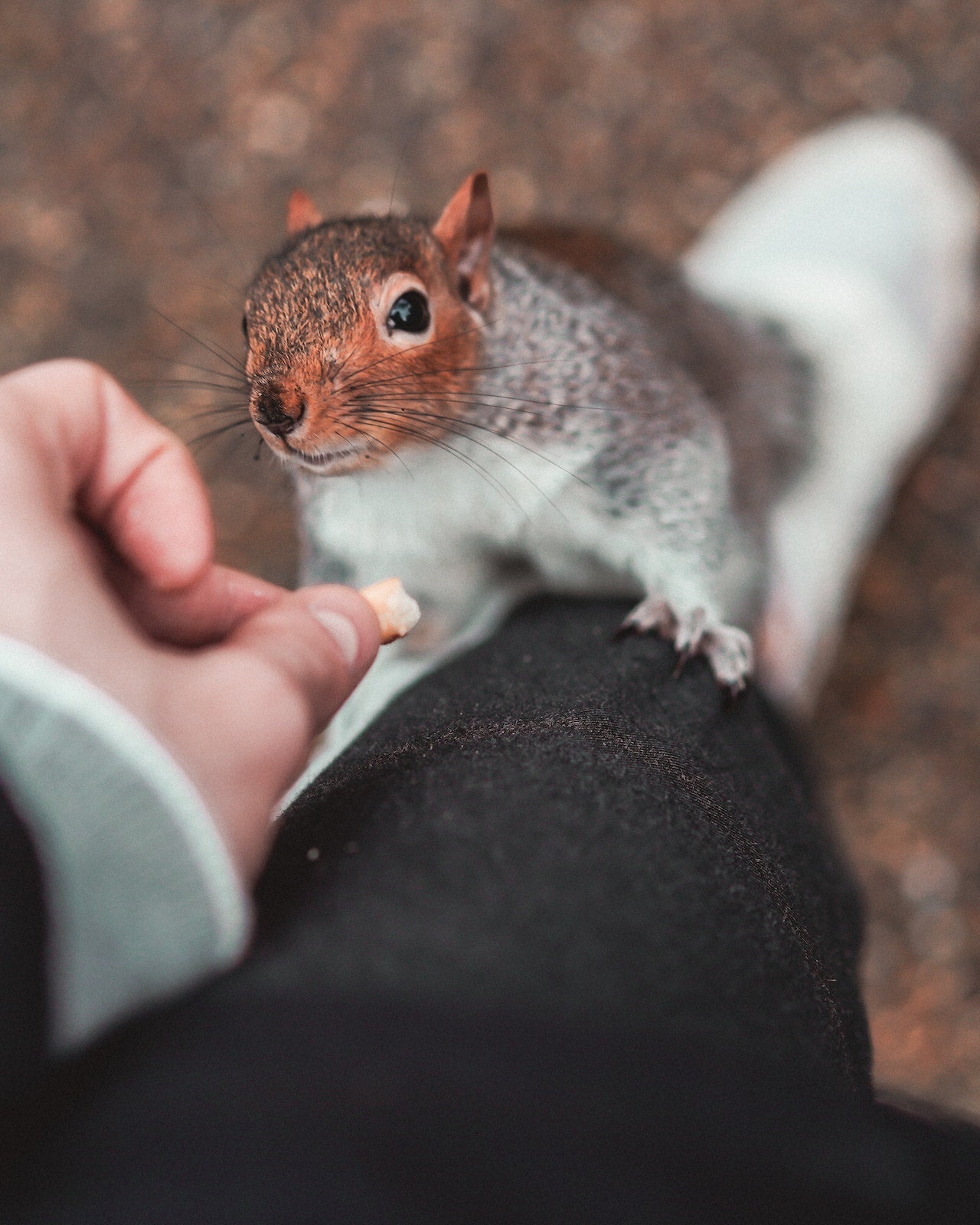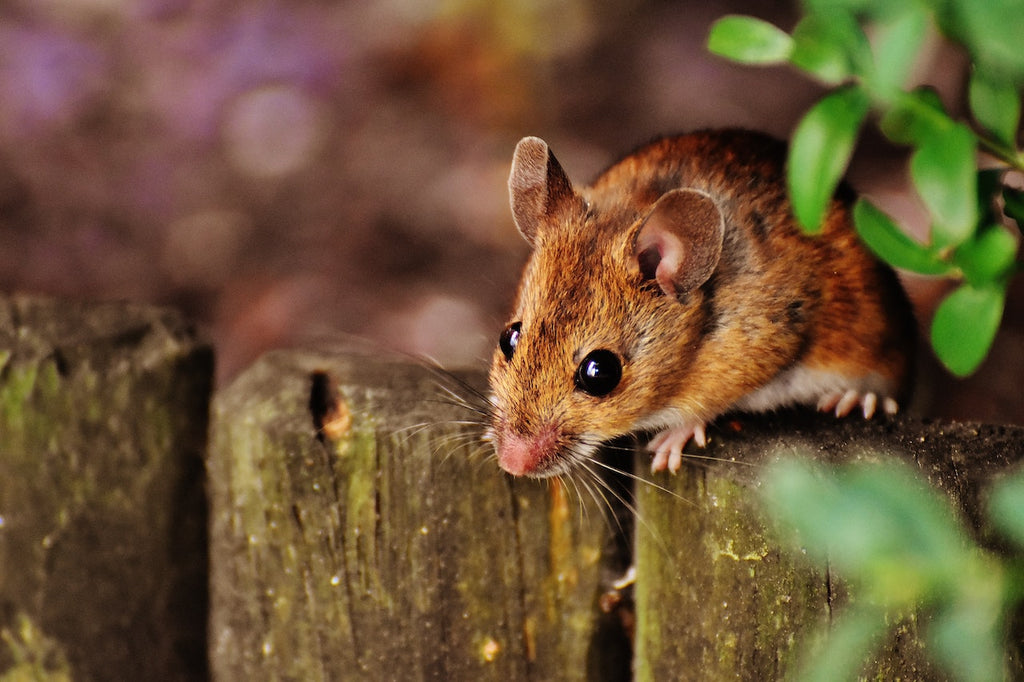
Peaches are a tasty and delicious fruit for rats, and they contain many nutrients and vitamins, but can rats eat peaches? Are peaches safe for rats?
Peaches are a soft fruit from Northwest China. They belong to the family of Stone fruits and their flesh covers a large seed in the middle.
The inner section of a peach can be yellow, orange or white in color. Peaches come in two forms - the freestone and the clingstone peaches. These terms show how easily the flesh comes out from the inner seed.
Can Rats Eat Peaches?
Yes, rats can eat peaches. They can be given raw or cooked. However, peaches should be eaten in moderation because of the high sugar contents. Therefore, peaches should only be given as an occasional treat. Peaches contain healthy nutrients, vitamins and minerals that are beneficial to rats. Also, the pits should be removed before eating.
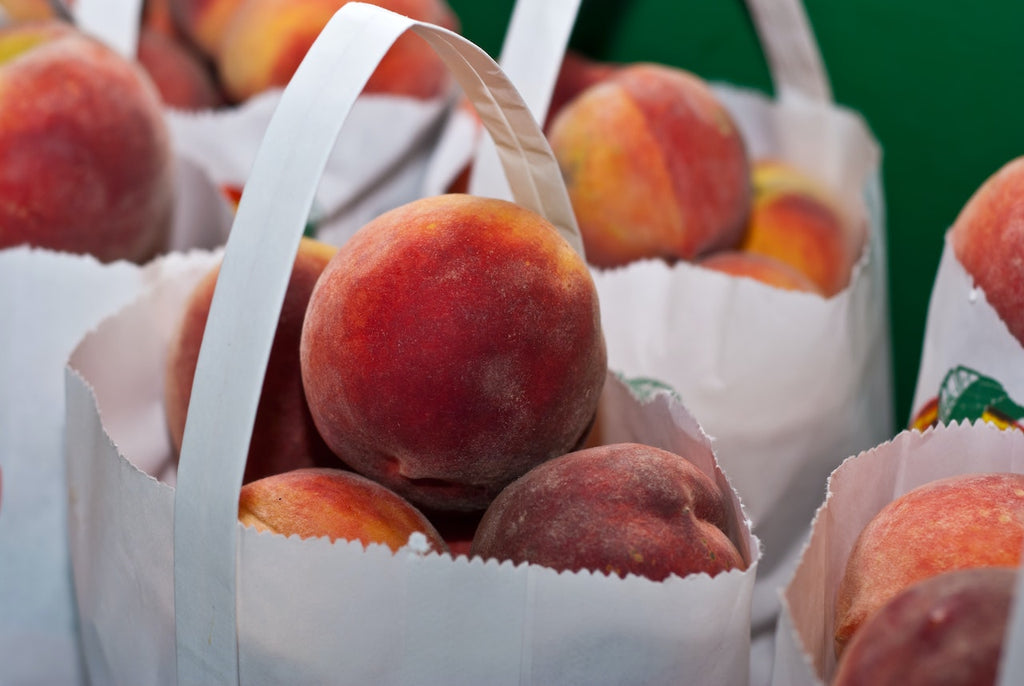
Are Peaches Safe for Rats?
Peaches are safe for rats and do not contain any toxic substance when the pits are removed. The pit should be removed because it contains cyanide, a poisonous substance that is harmful to rats.
Nevertheless, the fruits' low calorie content, presence of antioxidants and low cholesterol levels are what makes them beneficial to rats.
Peaches are a good source of dietary fiber, aid in digestion and prevent constipation. The presence of potassium can help prevent muscle cramps, but giving too many peaches to rats might cause diarrhea. So, be sure to take into account there are effects on bowel movements.
The presence of antioxidants like lutein, zeaxanthin and the likes will assist to eliminate free radicals and support the body against many diseases, and boost eye and skin health. Fruit like peaches are a good addition to the rat's diet.
Other Concerns for Feeding Peaches to Rats
Peaches are completely safe once the pit is removed. The rats can enjoy peaches in moderation once the pit is removed.
Additionally, fruits and vegetables should only occupy about 10% or 20% of a rat's diet. So, If you want to include peaches or any other fruits and vegetables, it's recommended to introduce them gradually to ensure that your rats take their time to tolerate, enjoy and get used to the new diet. And if you do not notice any negative reactions, you can increase their intake.
However, if your pet rats have any health problems or special dietary needs, ensure to consult your veterinarian before giving them peaches to eat or introduce any new food into their diet.
Nutritional Benefits of Peaches to Rats
Peaches can be found all over the world and are one of the easiest fruits to obtain.
They have a good nutritional profile. They are low in calories and are a good source of carbohydrates and a little bit of protein and fat. Additiny, they contain vitamins and minerals such as vitamins A, C, E, K and B vitamins, potassium, calcium, magnesium, phosphorus, zinc and iron.
Peaches are also rich in antioxidants like lutein and zeaxanthin, which are good for eye health.
Health Benefits of Peaches to Rats
Even though peaches have a low nutritional profile, they can still benefit the rats' health when included in their balanced diet that also contains lots of vegetables and fruits.
Peaches can replace artificial sugars in sweets and treats to provide sweetness. Here are some benefits of peaches to rats:
Reduces the Risk of Cancer
Peaches provide a good amount of vitamin C and this vitamin is an effective antioxidant that can aid in preventing the generation of free radicals, which are chemicals linked to the development of cancer.
Therefore, getting enough vitamin C may help rats lower their risk of developing cancer.
Maintaining Skin Health
According to research, vitamin C consumption can enhance the skin's appearance and health.
Vitamin C is an antioxidant that is important for the production of collagen. Collagen serves as the skin's support system, improving wound healing and boosting skin strength.
A review of studies in 2015 revealed that adding vitamin C supplements to the diet enhances at least one aspect of the skin's appearance korma such as elasticity, roughness, wrinkles and color.
Dangers of Feeding Peaches to Rats
Even though peaches do not contain any harmful substances, the pit can be dangerous to rats. The pits are hard for rats to open, even with their strong jaws and teeth and they can injure or break their teeth while trying.
And it is more dangerous for them if they are able to break the pit to the inner section. Like other stone fruits, peaches contain cyanide, a toxic substance that is harmful to rats. Cyanide can be a poison that is harmful to humans and animals when eaten, inhaled or absorbed through the skin. The poison is also likely to be more dangerous in a rat's body.
Even though it is not totally possible that rats can break the pit, it is better to always remove the pit and prevent any possible poisoning before feeding peaches to pet rats. With that, you can protect the rat's teeth from damage and also stop any possible case of poisoning.
Best Foods to Feed Pet Rats
Wild rats are opportunistic and eat almost anything they see, including human foods, pet foods and even garbage. That's why they are often referred to as pests or disease-carrying animals. Nevertheless, just because rats can eat whatever they see does not mean that that they are healthy for them
Rats can eat a variety of fruits, vegetables and seeds. They are omnivorous animals and can eat lean meats and insects for protein. You can give rats a balanced diet with high-quality pellets, cubes or blocks.
Harmful Foods to Feed Rats
Having a pet rat is exciting, but it is important to choose your pet's food carefully. You can guarantee your rat's well-being by giving it nutritious food.
So, foods that can harm pet rats should be avoided. Rats should stay away from fruits and vegetables, such as raw sweet potatoes, raw red cabbage, raw Brussels sprouts, and artichokes.
These fruits and vegetables can either promote the spread of diseases or make your rats sick. Female rats should avoid mango and papaya during pregnancy.
Bottom Line
Rats can eat peaches. Peaches are safe for rats if the pit is removed. The pits contain traces of cyanide, a toxic substance that can cause damage to a rat's health.

